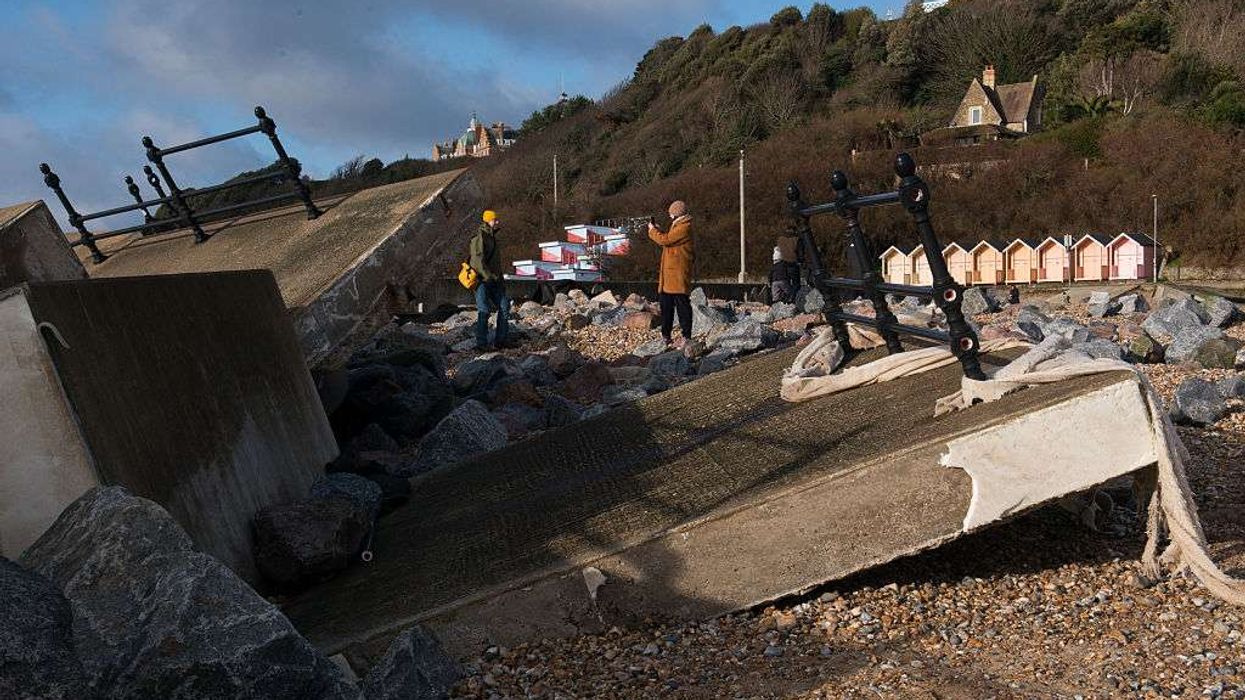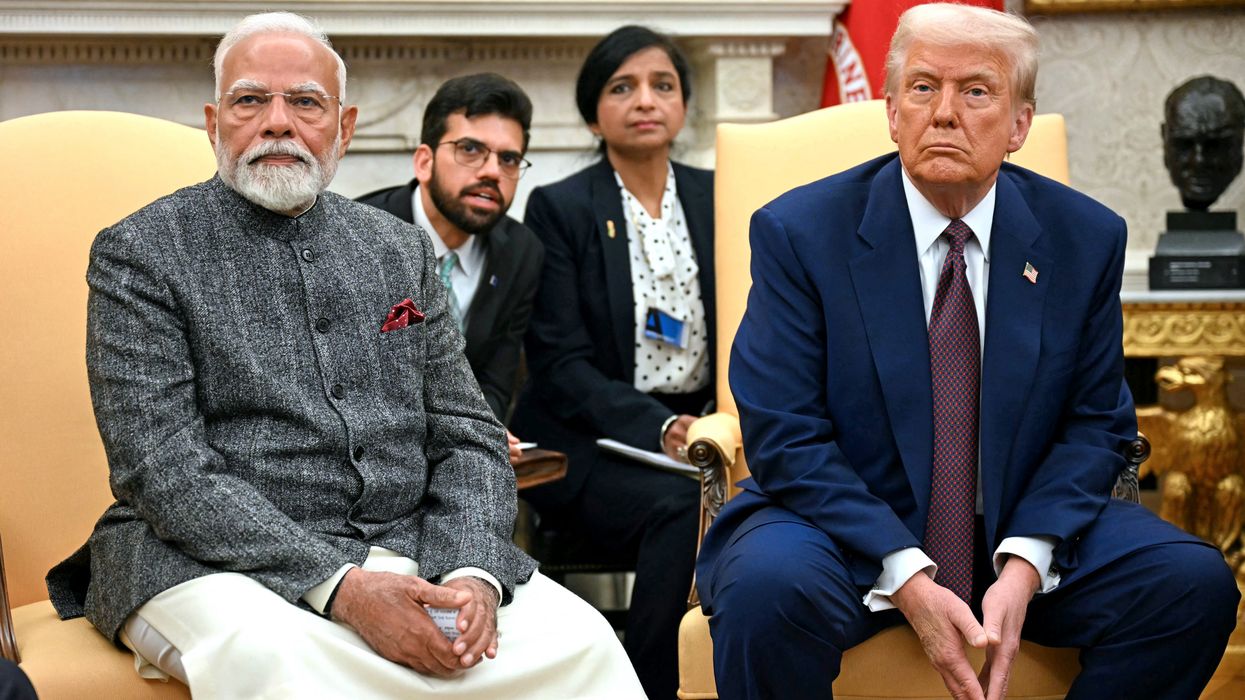THE ethnic group with the highest concentration of professional workers in the UK is Indian and considering ethnic minorities as a monolithic group for public policy purposes is now increasingly meaningless in the country, a new think-tank analysis concludes on Monday (14).
‘A Portrait of Modern Britain: Ethnicity and Religion' published by the Policy Exchange reflects an in-depth examination of the demographic, educational, health and economic situation of different ethnic groups in the country.
The report calls for a new government-led national integration strategy, with children in Britain taught to be proud of their national heritage in an inclusive manner that reflects the country's history and traditions.
“The ethnic group with the highest concentration of professional workers was Indian – with British Indians also having the highest rate of home ownership – with 71 per cent living in a property which is either owned outright or owned with a mortgage/loan or shared ownership,” the report notes.
“The diversity contained with the term ‘ethnic minority' is now so broad – both within each minority and between minorities – that considering ethnic minorities as a monolithic group for public policy purposes is now increasingly meaningless,” it states.
“Categories such as ‘South Asian' do not only serve to mask over noteworthy economic and social disparities between Britain's Indians, Pakistanis, and Bangladeshis – but also mean that very real forms of diversity within these sizeable groupings at times go unrecognised,” it cautions.
The report analyses the 2021 UK Census data and other statistical resources, combining this with polling conducted by Redfield and Wilton.
Besides a nationally representative sample of 2,000 people of all ethnicities, “booster” samples were used of 1,400 ethnic minority respondents – 200 each from the Black African, Black Caribbean, Indian, Pakistani, Bangladeshi, Chinese and Mixed-Race ethnic groups.
“These days, integration won't happen naturally… Recent years have seen conflicts generated far away from our shores break out on our streets. The politics of the Indian sub-continent and the Middle East for example are no longer ‘quarrels in a faraway country between people of whom we know nothing',” Sir Trevor Phillips, senior fellow at Policy Exchange, says in his foreword.
“Policy Exchange's portrait of our nation teaches us one thing above all: our future rests on managing our diversity, and complacency is the surest pathway to the growth of extremism and conflict,” he concludes.
Among the key findings of the analysis was that almost three in four people – 72 per cent of those polled – believe that children should be taught to be proud of British history, with a majority also believing that Britain has historically been a force for good in the world.
“Government agencies should also commit to disaggregating larger groups which are both ethnically and religiously diverse, as well as being far from homogeneous in terms of migratory background – especially the Indian and Black African ethnic categories,” it recommends.
The think-tank points out that the first ‘Portrait of Modern Britain' was carried out for Policy Exchange in 2014 by two young researchers including one named Rishi Sunak, who would go on to become the UK's first prime minister of Indian heritage and is currently the interim Opposition Leader in Parliament.
The new project aims to identify how governments can successfully focus on what unites the different ethnicities of the country to build on the latent strengths of an integrated British identity and culture.
(PTI)














